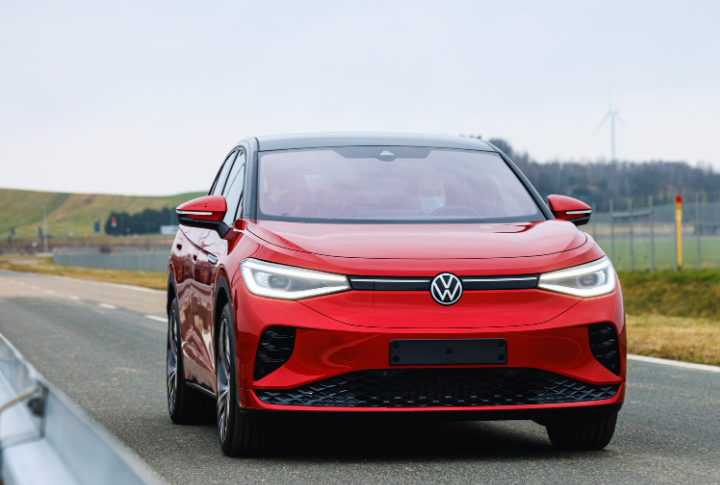
With their sleek designs and eco-friendly appeal, electric cars promise a greener tomorrow. Yet, despite these advances, many consumers hesitate. Let’s examine the nuanced barriers that keep them from fully embracing EVs, revealing why the journey to an all-electric future might be more complex than expected.
Steep Initial Investment
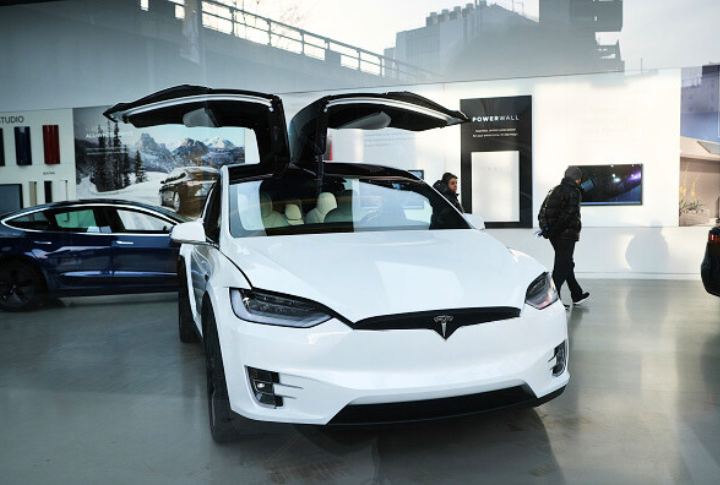
EVs usually have higher purchase prices than traditional fuel-powered cars. Such a substantial upfront cost deters interested clients, who often opt for the immediately less expensive and familiar gasoline models. Economic limitations and doubts regarding long-term savings contribute to their reluctance.
Extended Charging Times
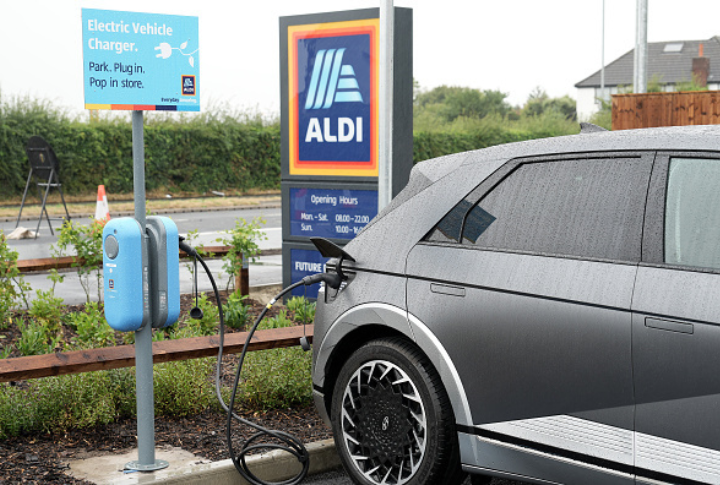
Electric cars require several hours to achieve a full charge, posing a challenge for drivers used to quick gasoline refills. This prolonged powering period is a major inconvenience, especially for those with tight commuting routines. Such drawbacks significantly affect daily driving habits.
Depreciation Rates
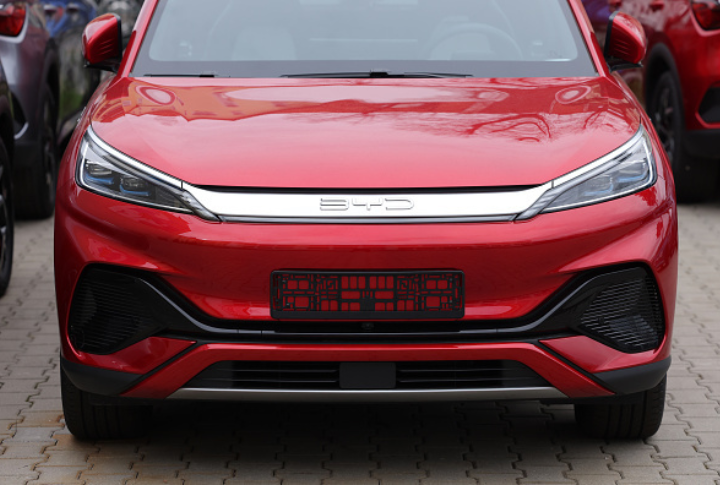
Depreciation rates for electric cars often surpass those of gas-powered vehicles, potentially deterring prospective customers due to financial concerns. The rapid devaluation is linked to evolving tech and improvements, making current versions seem less valuable. Resale issues also affect initial purchase decisions.
Cold Weather Effects

Battery performance in electric cars significantly drops in cold weather, which reduces the vehicle’s range. This reliability issue during colder months makes some motorists hesitant to switch from dependable gasoline-powered vehicles. Seasonal challenges limit the appeal in colder climates.
Insufficient Tax Motivators
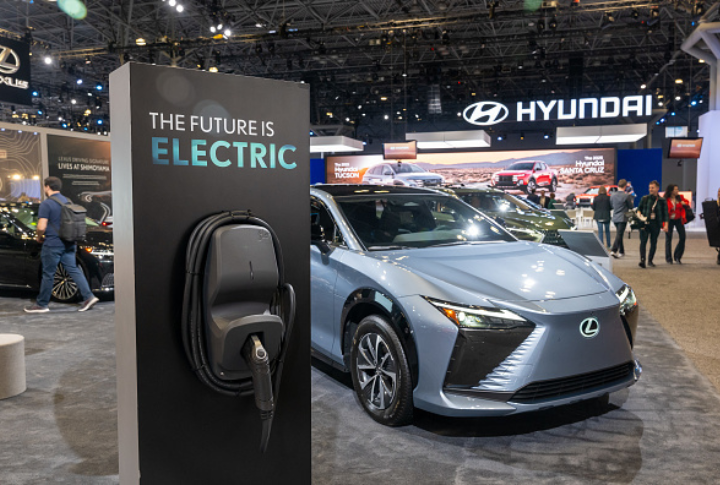
While some regions offer tax incentives to encourage electric vehicle purchases, many drivers find these rewards insufficient to offset steep upfront costs. The shift to electric doesn’t attract the cost-conscious clientele without substantial financial benefits. A range of significant perks could boost adoption rates.
Limited Model Variety
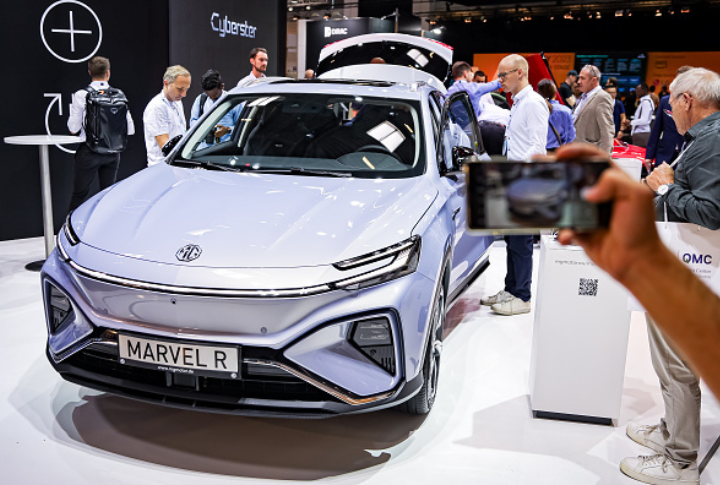
Current electric vehicle editions do not offer the vast array of options available among fuel-driven vehicles. This scarce selection can deter interested parties looking for specific features or styles not yet prevalent in electric options. People desire several choices to match their personal needs.
Concerns About Battery Life
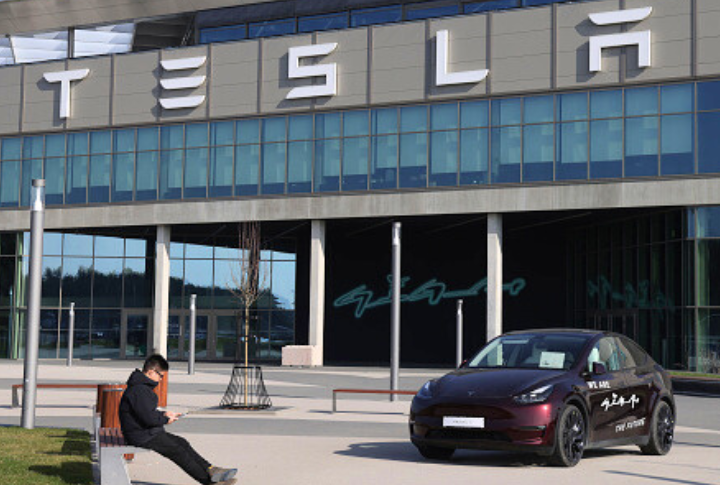
The potential costs and inconvenience of replacing an electric car’s power cell can be daunting. Worrying about battery longevity and replacement expenses plays a role in consumers’ decision-making when considering vehicle options. High replacement expenditures add to ownership anxieties.
Energy Source Skepticism
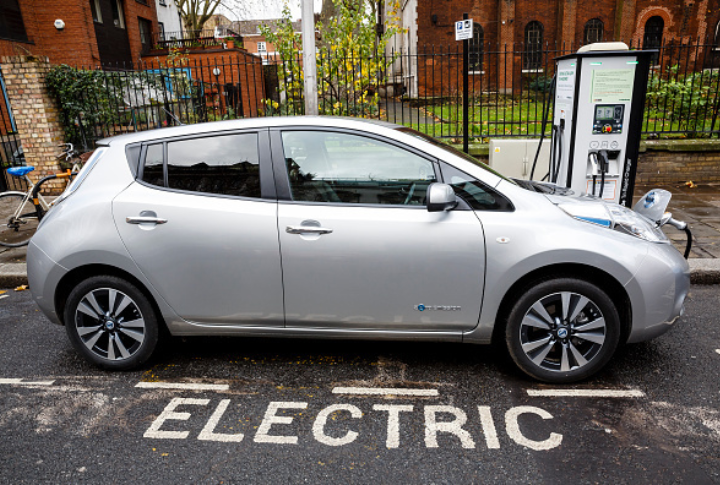
Target audience members raise concerns about the environmental benefit of EVs, noting that in some regions, electricity still derives from non-renewable sources. This skepticism makes them cautious regarding the true environmental impact of adapting to EVs. Additionally, the overall carbon footprint of EVs, including battery production, remains a concern.
Fear of Technological Obsolescence
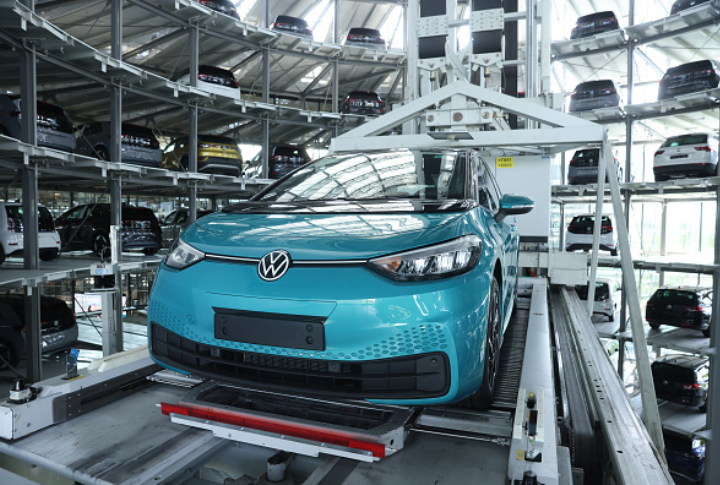
Rapid advancements in electric vehicle technology have led to fears that today’s models might soon become obsolete. Buyers aren’t keen on investing in an automobile that could be outdated within a few years due to newer innovations. Prospective clients hesitate, expecting later versions to offer better features and efficiencies.
Inadequate Roadside Assistance
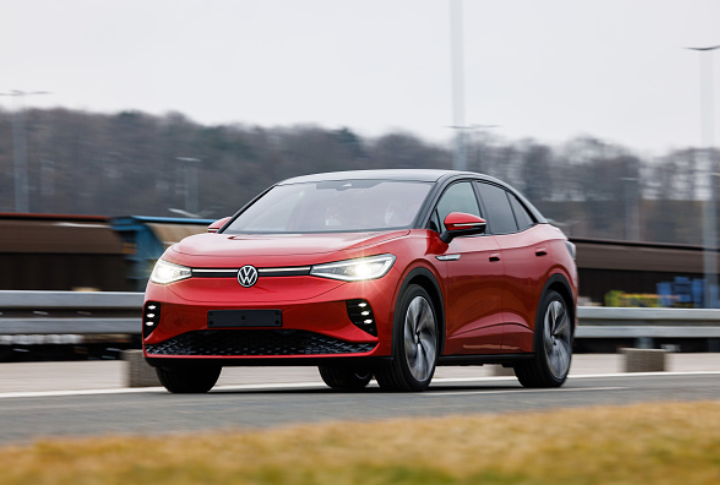
Roadside assistance services are not yet fully equipped to handle electric vehicle issues, especially in remote areas. Motorists fear breakdown support might be less readily available than for non-electric vehicles, and the lack of specialized services for EVs adds to the anxiety.
Insurance Cost Concerns

Higher insurance premiums for EVs than regular automotive can deter potential buyers. Markups are often attributed to the skyrocketing prices of electric vehicles and the expense of repairing advanced technology. Insurance companies view EVs as riskier due to their expense and repair complexity.
Limited Towing Capability
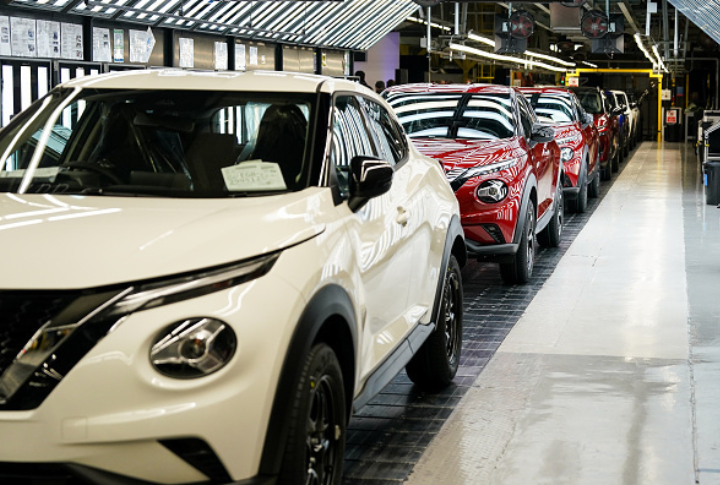
Drivers who need vehicles for towing and hauling find that most electric editions do not meet their power and endurance requirements. This limitation is particularly relevant for those using their vehicles for more than commuting. Heavier tasks demand robust performance that many EVs currently need to improve.
Long Recharge Cycle
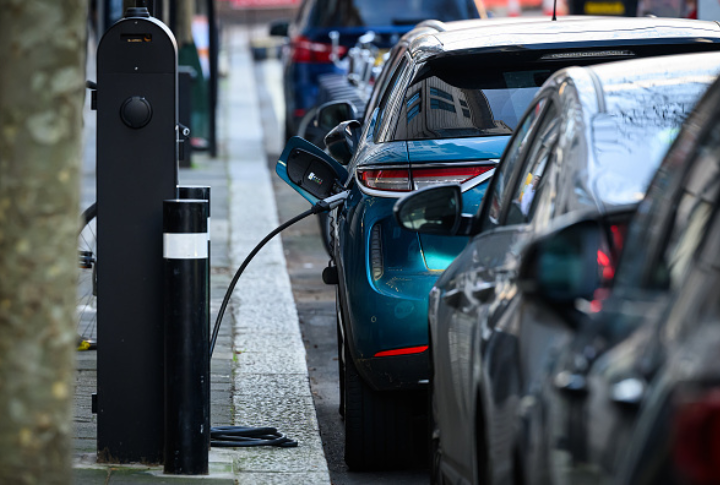
Individuals who travel frequently find the long recharge cycles of electric vehicles inconvenient compared to quick gasoline fill-ups. Planning longer trips requires considering recharge time, which can disrupt travel schedules. Such logistical challenges dissuade many from adopting EVs.
Adaptation to New Technology
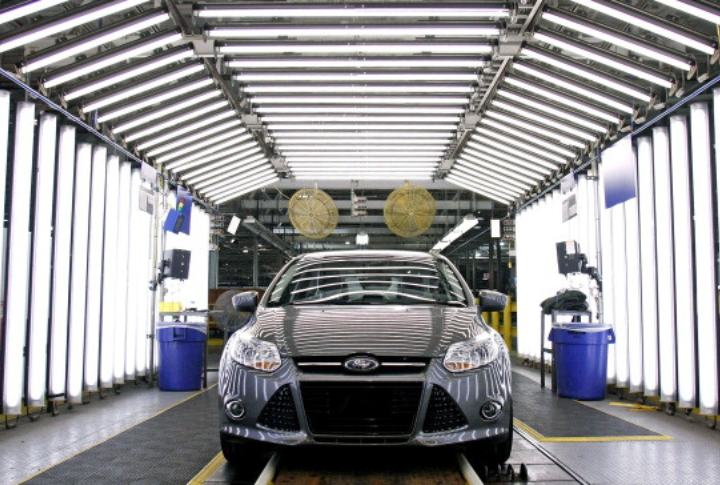
Some find adapting to electric vehicles’ technology and driving characteristics challenging. Traditional drivers find the transition to a digital interface and new driving dynamics unsettling. Familiarity with conventional cars makes the transition more complex, affecting the decision to switch.
Charging Difficulties
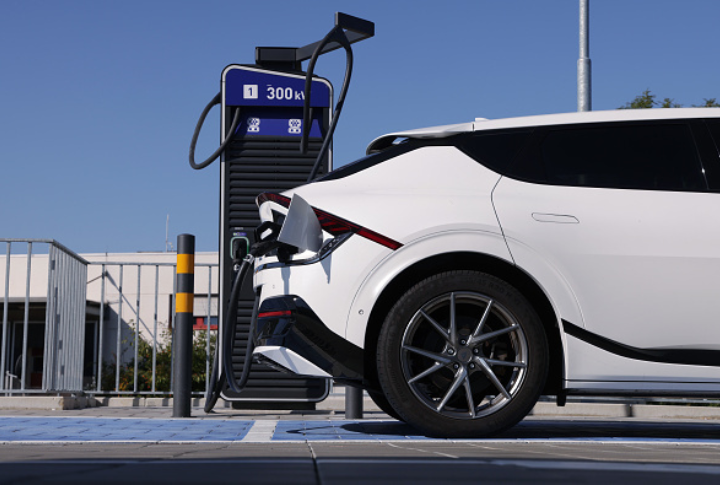
Access to a garage or private space to install a home charger isn’t available to everyone. Apartment residents and individuals without exclusive parking face significant hurdles due to the absence of convenient charging options at home. Moreover, most urban areas still lack adequate infrastructure for widespread EV powering.
